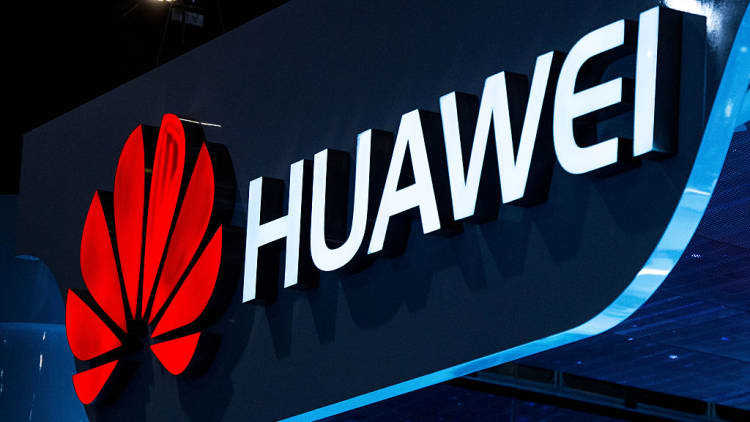Introduction: Few names in the ever-changing global technological scene have sparked as much controversy and fascination as Huawei. The Chinese telecoms behemoth has found itself at the heart of a complex web of geopolitics, trade disputes, and technological developments. From espionage allegations to pioneering 5G technologies, Huawei’s journey has been turbulent to say the least. As the conflict between the US and China heats up, Huawei’s role in this technical warfare becomes more important than ever, posing both dangers and opportunities for the global digital future.
The Origins of the Conflict:
The tension between Huawei and the United States can be traced back to concerns over national security and intellectual property theft. The US government has long been wary of Huawei’s close ties to the Chinese Communist Party and its alleged involvement in espionage activities. These suspicions led to a series of bans and restrictions on Huawei’s operations in the United States, including the exclusion from participating in the development of 5G infrastructure.
Huawei’s Technological Dominance:
Despite facing obstacles in the US market, Huawei has emerged as a global leader in telecommunications and networking equipment. The company’s relentless focus on research and development has enabled it to innovate rapidly, particularly in the realm of 5G technology. Huawei’s 5G infrastructure is widely regarded as among the most advanced in the world, prompting concerns in the West about China’s potential dominance in this critical sector.
The Battle for 5G Supremacy:
The race to deploy 5G networks has become a key battleground in the US-China technology warfare. The United States has sought to rally its allies to ban Huawei from participating in their 5G infrastructure, citing security concerns. Meanwhile, China has aggressively promoted Huawei’s 5G technology as a symbol of its technological prowess and independence from Western dominance. The result is a geopolitical struggle with far-reaching implications for the future of global telecommunications.
Collaboration Amidst Competition:
Despite the adversarial relationship between the United States and China, there are also instances of collaboration between Huawei and American companies. For example, Huawei relies on components and technology from US suppliers for many of its products. This interdependence underscores the complex nature of the US-China technology relationship, where economic interests often intersect with geopolitical rivalries.
Challenges for the Global Tech Future:
The escalating tensions between the United States and China pose significant challenges for the global tech future. The fragmentation of the tech industry along geopolitical lines threatens to stifle innovation and impede technological progress. Moreover, the specter of a bifurcated internet, divided along ideological and political lines, looms large. In this environment, companies like Huawei find themselves caught in the crossfire, forced to navigate a complex web of regulations, sanctions, and geopolitical rivalries.
Looking Ahead:
As Huawei continues to navigate the choppy waters of US-China technology warfare, its fate will be closely watched by observers around the world. The company’s ability to innovate, adapt, and forge strategic partnerships will be critical in determining its long-term success. Moreover, the outcome of the US-China rivalry will have far-reaching implications for the future of global technology. Whether it leads to greater collaboration or deeper divisions remains to be seen, but one thing is clear: Huawei will remain at the center of the storm.
Why is Huawei considered a major player in US-China technology warfare?
Huawei’s prominence in telecommunications and its pivotal role in the development of 5G technology have made it a focal point in the rivalry between the United States and China.
What are the main concerns surrounding Huawei’s involvement in 5G infrastructure?
The primary concerns revolve around national security and fears of potential espionage or backdoor access to sensitive data, given Huawei’s close ties to the Chinese government.
How has the US government responded to Huawei’s rise in the global tech industry?
The US government has implemented various restrictions and bans on Huawei, particularly in the realm of 5G infrastructure development, citing security concerns and allegations of intellectual property theft.
Is there any collaboration between Huawei and US companies despite the ongoing tensions?
Yes, Huawei relies on components and technology from US suppliers for many of its products, highlighting the complex interdependence between the two countries’ tech industries.
What are the potential implications of the US-China technology warfare for the global tech future?
The escalating tensions could lead to a fragmented tech industry, hinder innovation, and potentially result in a bifurcated internet, divided along geopolitical lines, which would have far-reaching consequences for global technology and communication.


